We often discover the hard way that leaving our children at a new daycare or a new school is more challenging than normal. Separation anxiety doesn’t affect all children, so maybe it won’t affect yours, but if you are going through this, it is extremely usual for kids to be unhappy while saying goodbye to their family.
I know that it is a hard time seeing your child cry seeing you leave, but although it may be distressing for a parent, you should remember that separation anxiety is a normal part of childhood development. You should start by understanding the cause of this anxiety and discover coping techniques that work best for you and your children to support them through this developmental period.
Lets Define’ Separation Anxiety

Separation anxiety disorder (SAD) is a condition in which a kid gets afraid and apprehensive when separated from a loved one, generally a parent or sometimes a caregiver. Some youngsters even experience physical symptoms such as headaches or stomachaches at the idea of being separated,. Do not panic, it is only the way their bodies react; they are not ill.
Separation anxiety in preschoolers manifests itself in the form of crying, tantrums, and clinginess. Separation anxiety creates sorrow in children and interferes with their usual activities, such as going to school or playing with other kids. So if you want your child to flourish, keep on reading as I have some tips for you.
Separation anxiety can start early, such as during infancy and persist through preschool, but some kids may never feel it.
There are different degrees of SAD. Some children may experience it when their parents leave them, even if it is only moving to another room in the house, while others may only experience it when significant life changes occur, such as entering a new school. Now that you know more about separation anxiety, you will want to assess what degree of separation anxiety you see in your child to tackle the problem.
How to Battle Separation Anxiety

You may not know it yet, but your children know when you are upset or sad (or any other emotions too). Children will also pick up their parents’ ambivalence. So it won’t be easy to put your child’s trust in a new person or a new school if you do not trust them yourself! Your child will feel uncomfortable if you are hesitant.
Before leaving your kids off at preschool, chat with a parent who knows what you’re going through to get some perspective. Right after dropping your child, plan a coffee appointment with a friend or your spouse to have support if you are not feeling well, as sometimes you will feel guilty leaving them (and you should not).
Pro tip: To feel better in the school environment, you and your child should get to know the infrastructure in advance; some schools offer open days. Grab the opportunity to roam around with your child. You may also want to talk to the teacher.

Saying Good-Bye. This is the fateful moment, whether they will cry or wave goodbye. This might help create a particular goodbye ritual before the first day of preschool. It can help to alleviate some of the tension associated with saying goodbye for the last time. Try one (or more) of the following suggestions: create a unique handshake or wave, embrace, kiss, high five, and say farewell, this will be ‘your’ thing, and it will help them separate from you.
A significant object. Before you leave your child off at school each day, tuck an object (such as a wishing stone, a little photo, or a particular charm) inside their bag and fill it with love. Love notes in the lunchbox serve as a gentle reminder to children that their parents love them and will be back soon or if they do not know how to read yet, draw something that will make them happy.
Stick to a routine. Children do best when they get enough sleep, have a good breakfast, and are not rushed. To save time in the morning, prepare meals and snacks the night before. To provide for additional time, get up twenty minutes before your children. At night, have your shoes, socks, and bags ready at the entrance. Give them some time at home before leaving for school.
Preschool years lay a strong foundation for children, and they have a lot of fun throughout their first year in school. You’ll witness your child develop and learn in leaps and bounds after you get beyond that initial barrier of saying goodbye!
Parents must understand that separation anxiety is a natural component of young children’s development. If you have any worries about your child’s separation anxiety, speak with their physician, who may offer further help and resources.

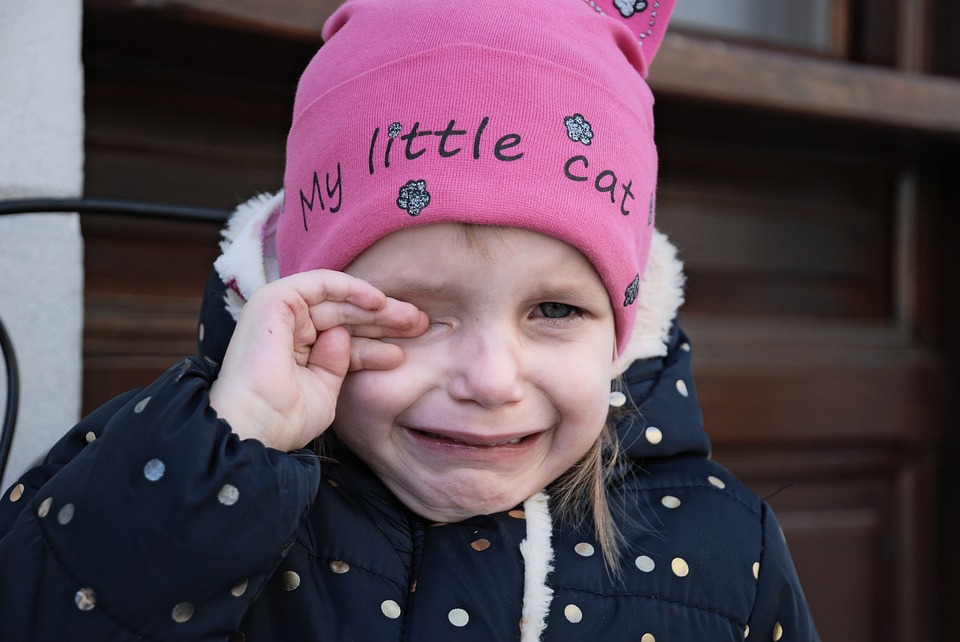
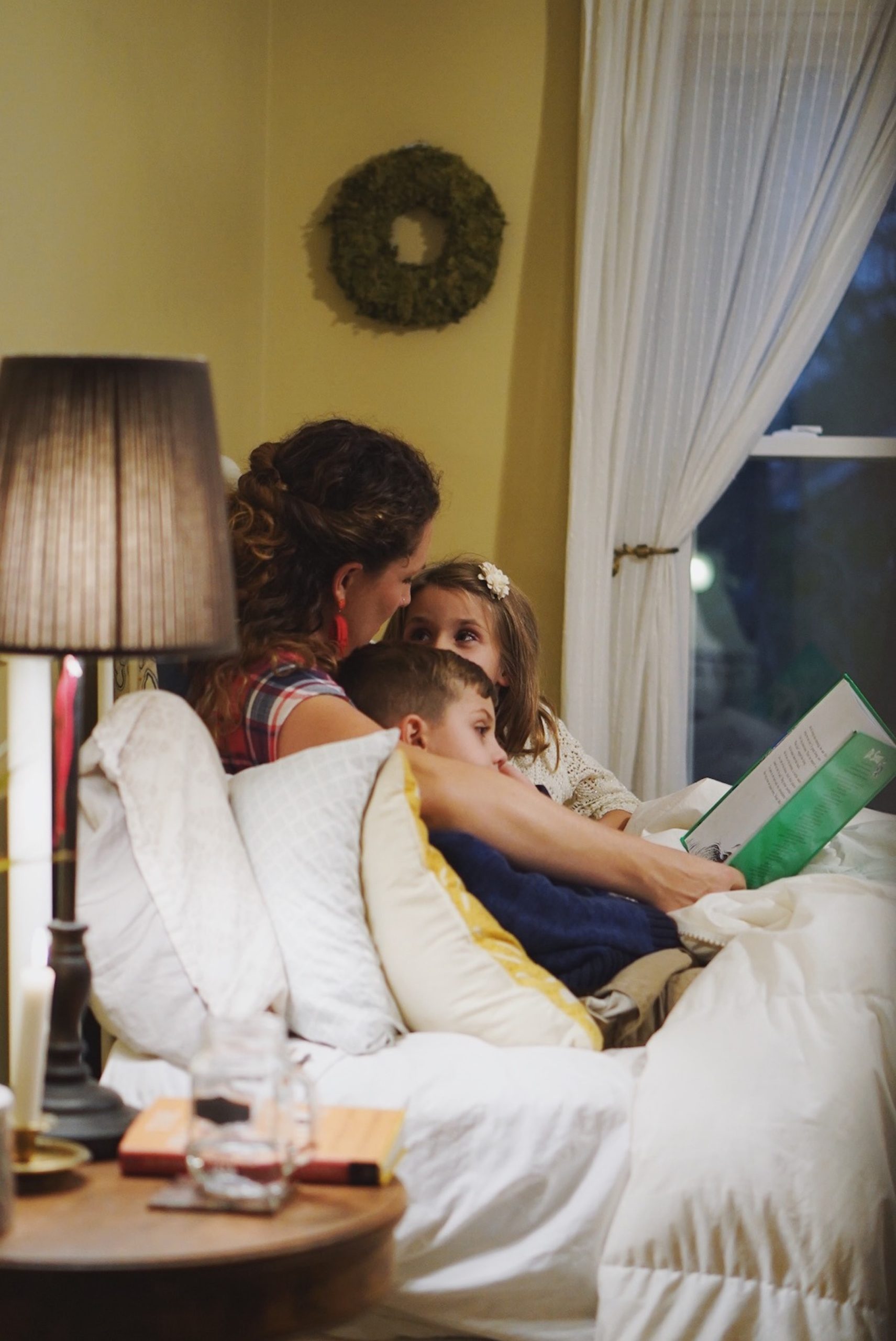
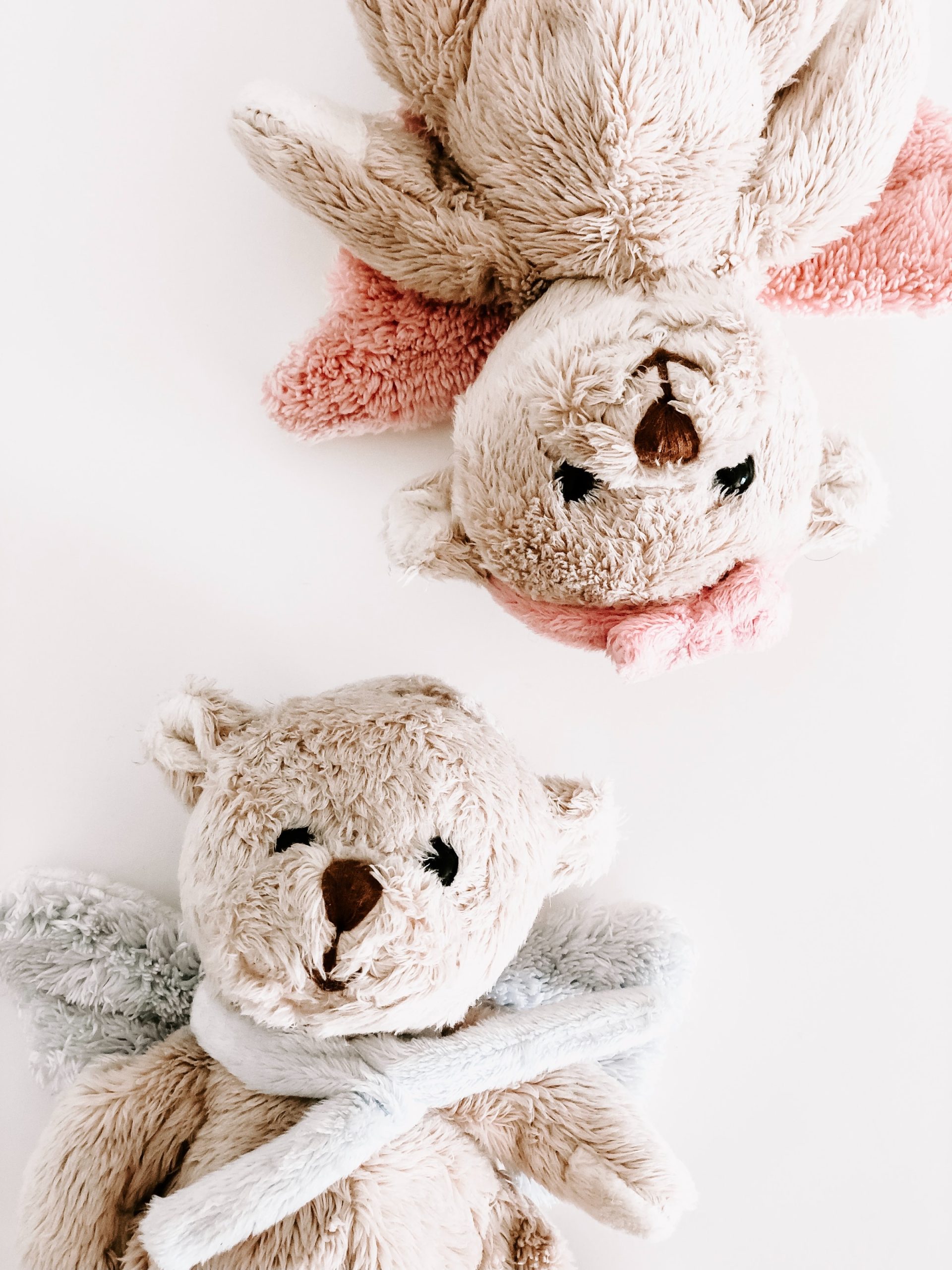
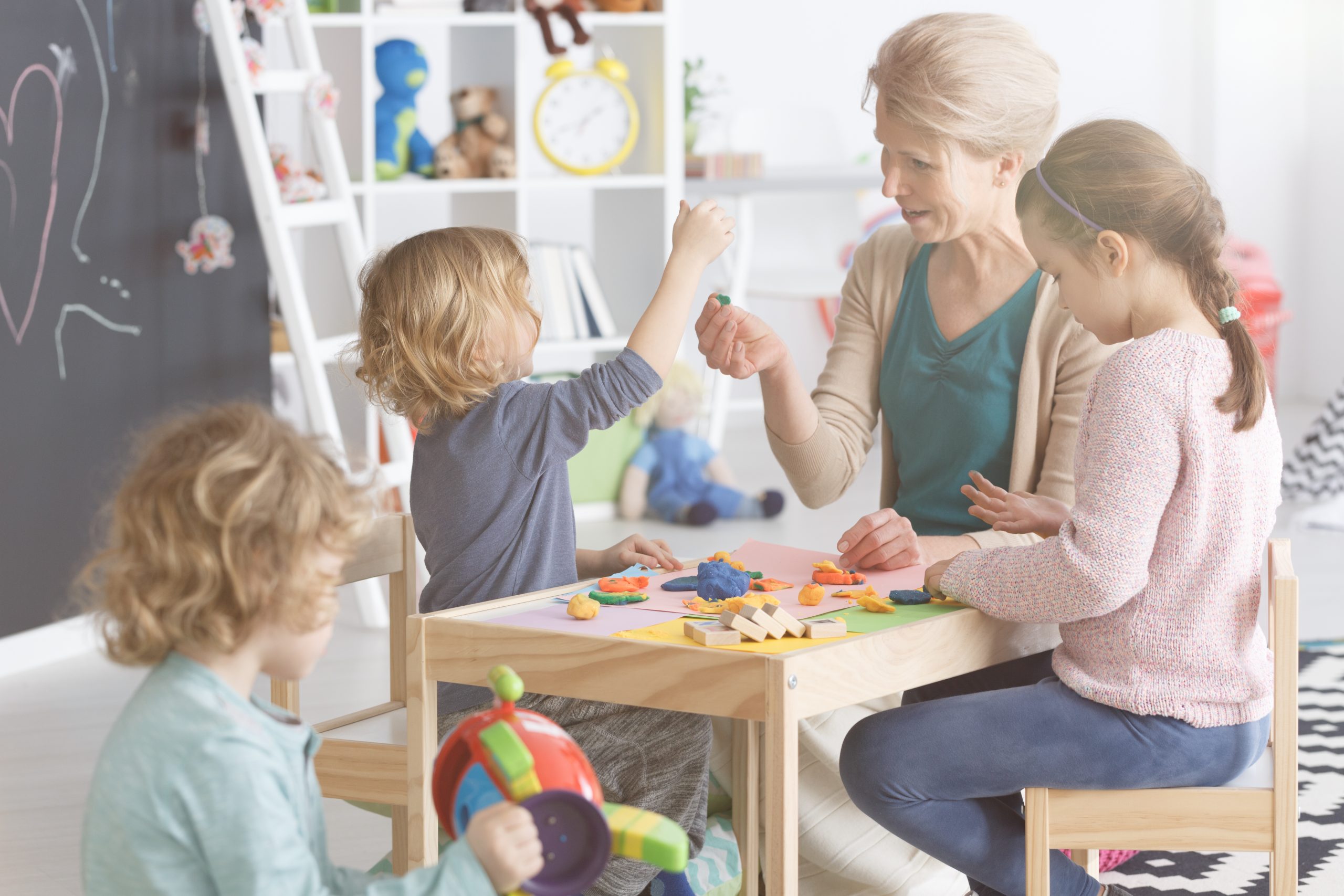
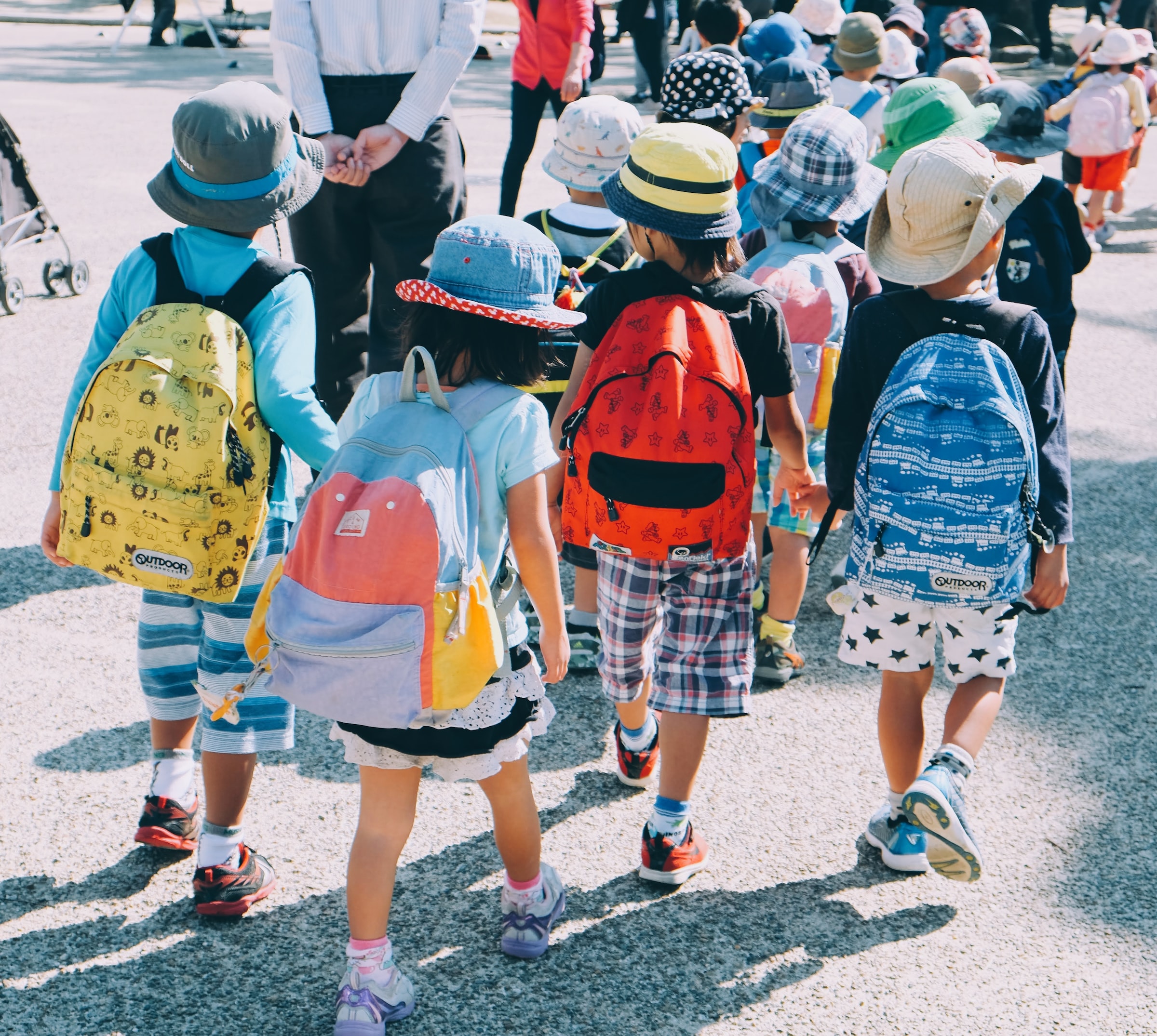
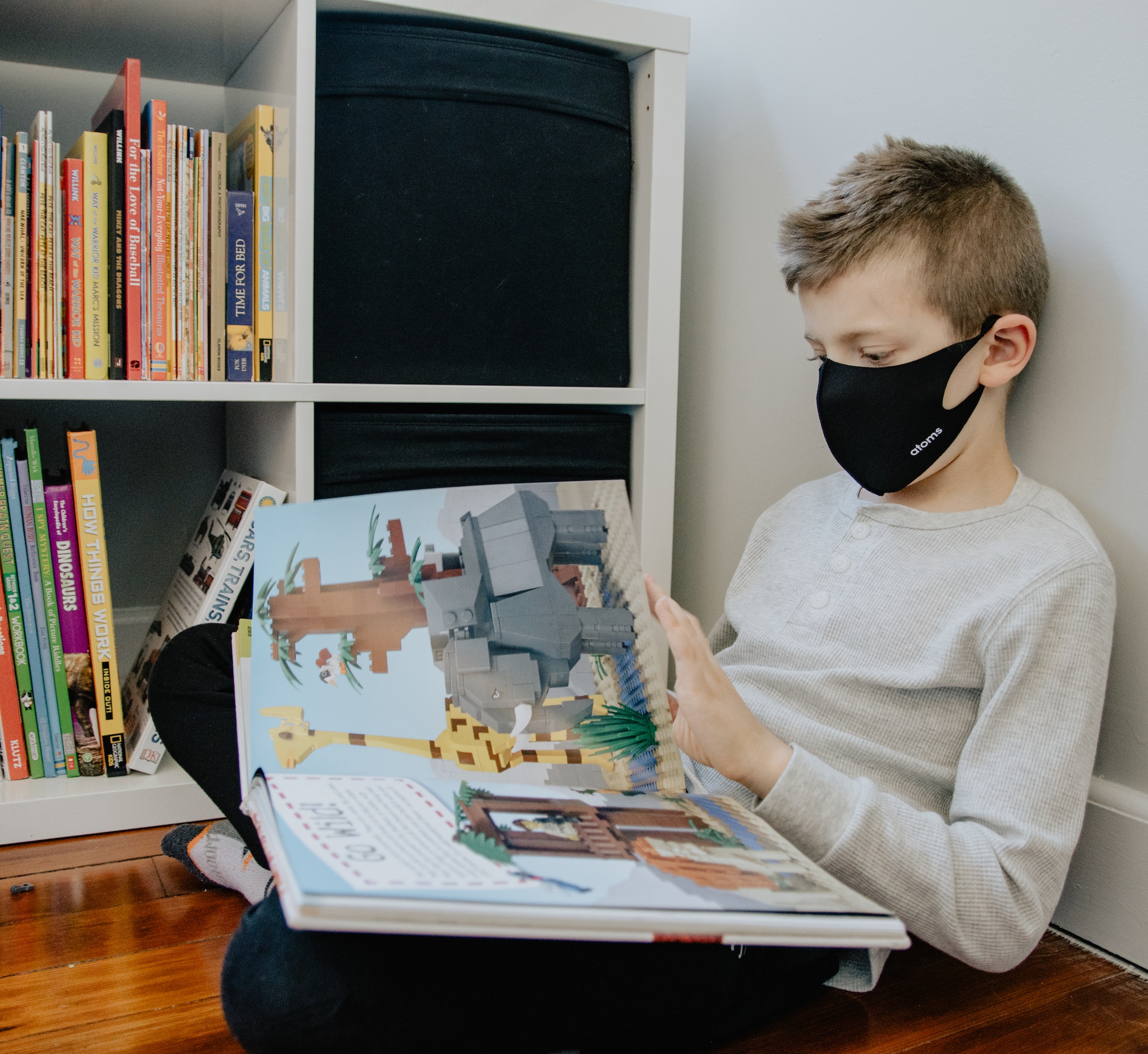

[…] If these episodes are recurrent, it will be best to contact a doctor. Even if there are no treatments directly for sleepwalking, they may try to see what is causing it to reverse it. For example, if your child is experiencing sleepwalking because of disturbed sleep patterns, the doctors can help you balance the sleep schedule or stress. […]